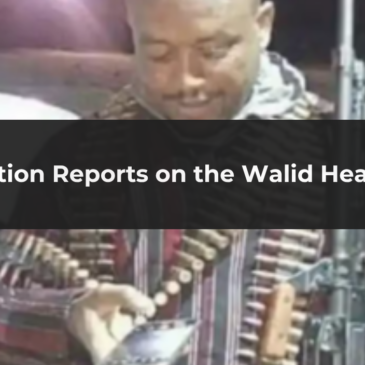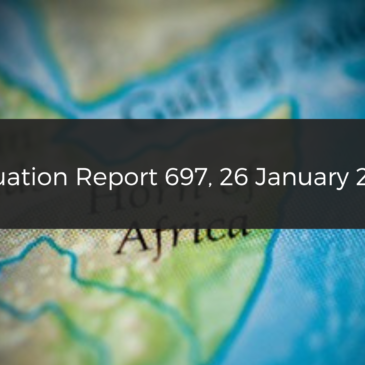Situation Report: Fears of escalation as ENDF and TDF clash in Tigray; 2-year-long Dilling siege broken by SAF; SSPDF recaptures villages in Jonglei
posted in: Djibouti, Eritrea, Ethiopia, Horn of Africa region, Human Rights abuses, Kenya, Libya, Mediterranean Sea, Rapid Support Forces, RSF, Search and Rescue Operations, Somalia, Sudan, Sudanese Armed Forces, Tigray, Torture, Trafficking, Trends in Human Trafficking highlights, Tunisia, United States, World Food Programme |
0
SITUATION REPORT – HORN OF AFRICA & NEWS HIGHLIGHTS
No. 699 – 29 January 2025
Situation Report Special: Walid gets the maximum sentence of 20 years in prison
posted in: Eritrea, Human Trafficking, Netherlands, Situation report, Situation Reports, The Netherlands |
0
Situation Report – Walid hearings No. 698 – 27 January 2026
Situation Report: Alarm at inflammatory rhetoric in South Sudan; RSF attack in Blue Nile state; US Deputy Secretary of State travels to the Horn
posted in: Djibouti, Ethiopia, Horn of Africa region, Kenya, Rapid Support Forces, RSF, Sudan, Sudanese Armed Forces, Tigray, US |
0
SITUATION REPORT – HORN OF AFRICA
No. 697 – 26 January 2026




